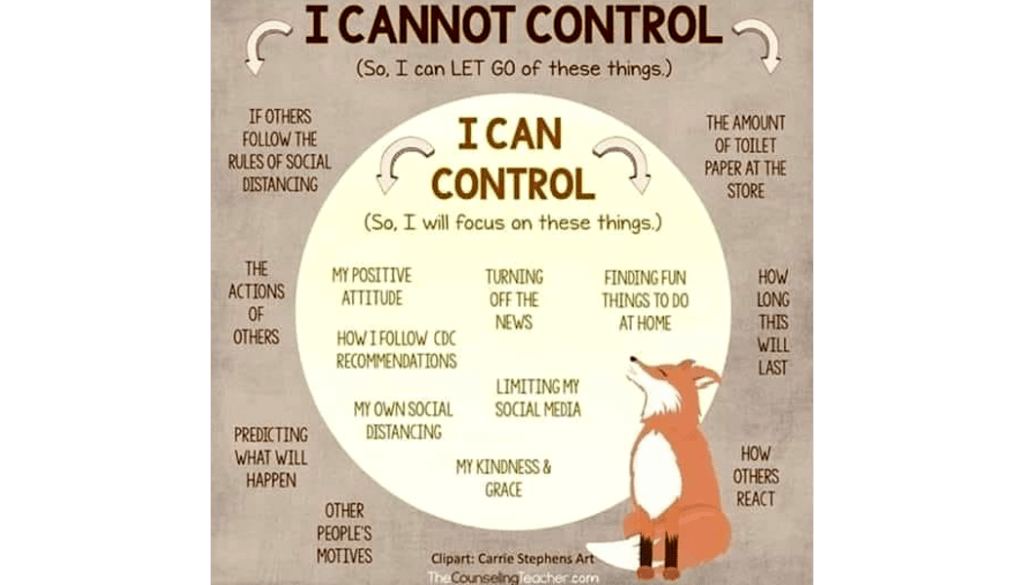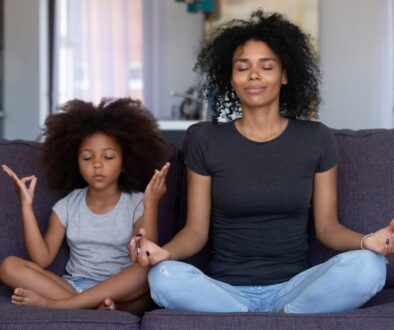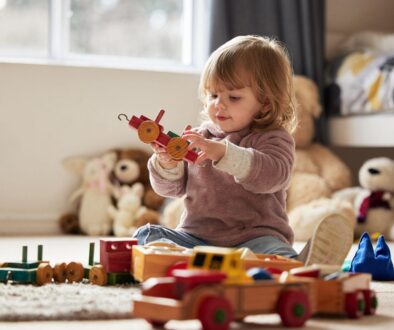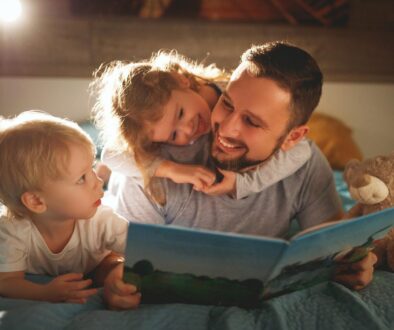Anxiety and Feeling in Control During COVID-19

As we continue to navigate this new world in the midst of a global pandemic, it is only natural that people feel anxious, afraid, and out of control. This doesn’t only apply to us as adults, but to our children as well. As children return to school, we can expect that our little ones will face new challenges surrounding masks and their new school environment.
So how can we help support our children while also keeping our own anxieties in check? There is no doubt that this can be a difficult task. Most people find comfort in being able to control their life situations and can experiences a major influx of anxiety when that control is taken away. In times like these, it can feel like so little is in our control. Our children can feel the same way. When we are able to identify the things that we can and cannot control, we are better able to let go of those things outside of our control and place our focus on things we can change.
It can be helpful to make a list of these things. You can include your school-aged children in this process too. So let’s talk about things during Covid-19 that we cannot control. We can’t control if others are following rules of social distancing, if others are wearing masks, how long this will last, what is going to happen next, when there will be a vaccine, and the policies and procedures set forth by the schools. Because we can’t control these things, continuing to focus on them will only continue to increase anxiety. Letting go can sound easier said than done, and it will definitely take constant practice and reminding yourself and your child, but ultimately, once you are able to do so, you should see a decrease of anxiety.
Now, let’s think about things that are within our control. We CAN control if we wear our masks properly, how often we listen to the news, what type of news we allow our children to listen to, our reactions towards others, our own social distancing, teaching our children by our own example, and how often we wash our hands. We can also control how we spend our time during this pandemic, including what activities we can do at home with our children and families. For our children, it is so important to maintain routines, even if those routines look different than they did pre-Covid. It is so important to control the information that our children do get about Covid too, because false information can further increase anxiety. Children are curious by nature and they will tend to find out the information they want, one way or another. If children have unanswered questions, they will likely turn to the internet or friends to find answers. Be sure to do check-ins with your child so that you can help them answer the tough questions in ways that are age-appropriate and fit for your family. Remember, be truthful, and it is okay to tell your children that there are some things that we just don’t know yet.
Yours and your child’s anxiety is extremely valid. Times are uncertain, so it only makes sense that worries and fears have increased. Your child may even be exhibiting new fears that don’t seem related to Covid; however, they likely tie into lack of control and uncertain times. Here are a few things that you and your child can do together to help tame some mask anxiety.
- Pick out a fun mask – allow your child to pick out a mask with their favorite character or team to give them a sense of control and ownership.
- Make the mask more comfortable – use ear savers or face mask extenders to make it a more comfortable fit and use a plastic face mask bracket to help you speak more clearly.
- Practice breathing exercises – do deep breathing, belly breathing, square breathing, etc. and learn how to control your breath.
- Use grounding and affirming statements – say things like “this may not be the most comfortable, but wearing my mask keeps me safe and I am going to be okay,” and “I may feel anxious right now, but I can breathe, and I know that breathing through a mask is safe.”
- Use essential oils – put a dab of an essential oil (like lavender for relaxation) on the outside of the face mask near the nose. There is limited research on this, so always do your own research first and check with your doctor on the use of essential oils so close to the face.
- Practice – practice wearing the mask for increased times in different scenarios.
Remember, we are facing unprecedented times. Be gentle with yourself and be gentle with your child as we all learn to navigate this new world together.





